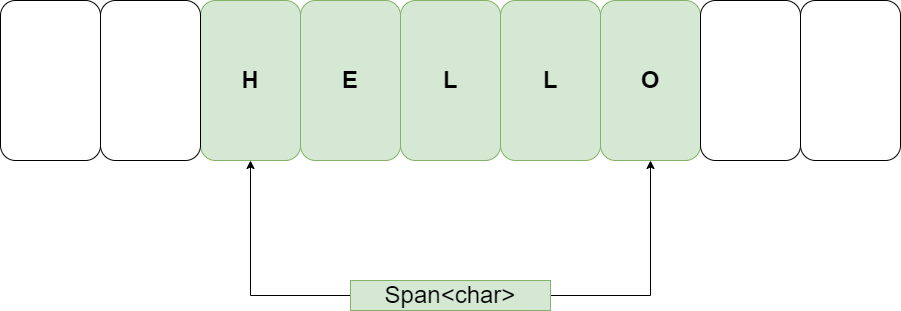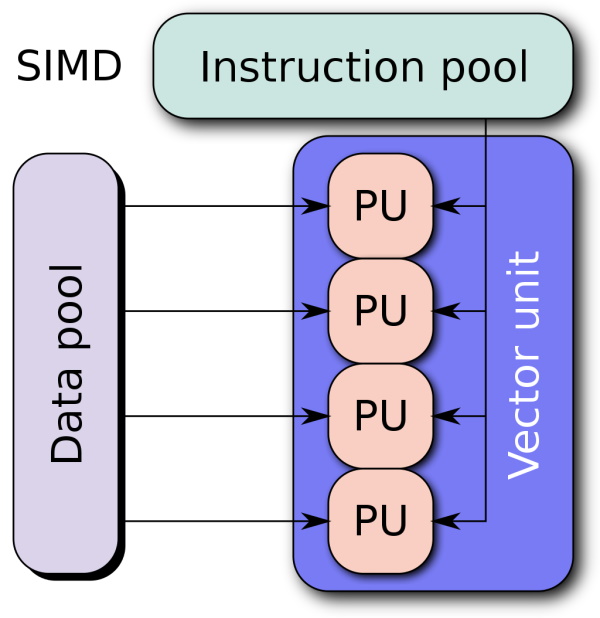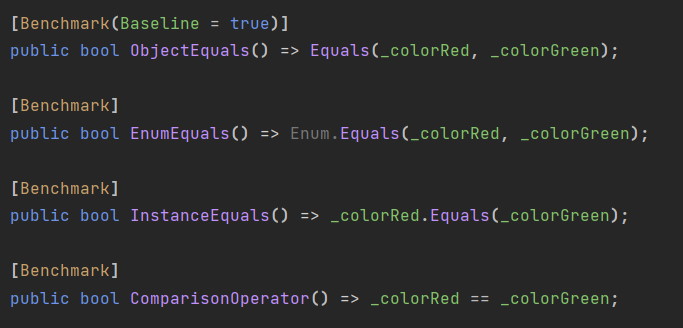ArrayPool Benchmarks: We have a problem
Many benchmarks that are using ArrayPool, or more specificly ArryPool<T>.Shared, are not actually measuring a "real" scenarion or the benchmark is flawed in some way. Let's examine a bit on what is going on.
























